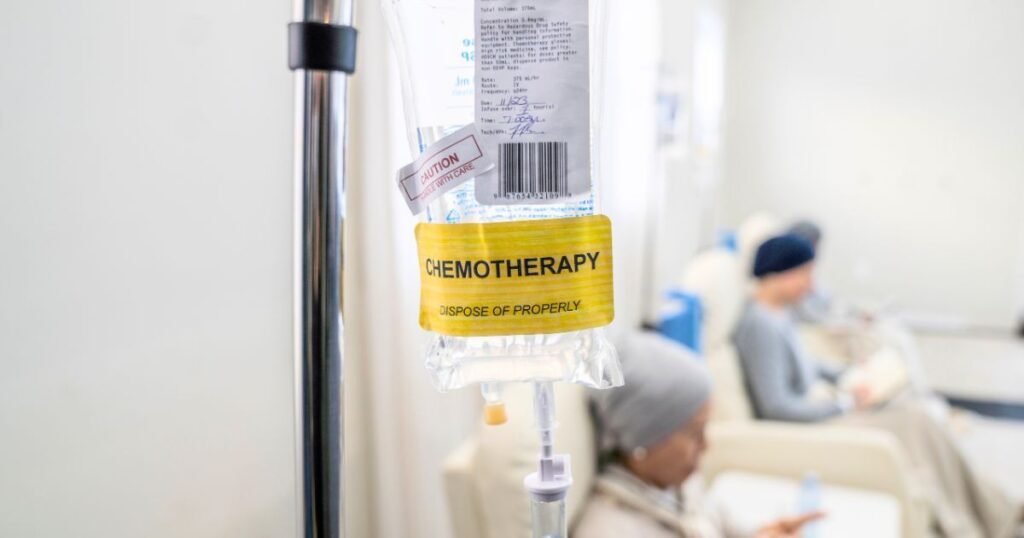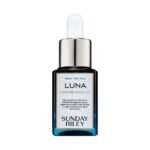Introduction to Hormone Replacement Therapy
Hormone replacement therapy (HRT) is primarily used to treat bothersome symptoms of menopause like hot flashes, night sweats, vaginal dryness, and sleep issues in menopausal women. It replaces hormones like estrogen, progesterone and sometimes testosterone that sharply decline during menopause. HRT also helps prevent postmenopausal bone loss and fractures. Understanding the different therapy types, benefits, risks, candidates, and decision-making around hormone therapy empowers women to address disruptive menopause symptoms and long-term health.
Read More: Anteverted Uterus

Menopause and Changing Hormones
Menopause marks the end of a woman’s reproductive years, typically between ages 45-55. As the ovaries stop producing eggs, they produce substantially lower estrogen and progesterone hormones. The extent and intensity of menopause symptoms depend on the rate of hormone shifts. Rapid drops in estrogen correlate to more disruptive symptoms that seriously impact physical health and quality of life for some women. HRT augments hormone levels to alleviate symptoms.
Types of Hormone Replacement Therapy
HRT medication options include:
Estrogen Therapy (ET)
Contains estrogen alone and is generally prescribed for women who’ve had hysterectomies given potential uterine cancer risk. Delivered via oral tablets, dermal patches, vaginal creams or suppositories, or shots.
Combined Hormone Therapy (HT)
Contains both estrogen and progestogen (synthetic progesterone) which protects against uterine cancer risk from unopposed estrogen. Can be cyclic dosing (progestogen 12-14d/mo) or continuous dosing. Multiple delivery methods available.
Testosterone Therapy
May be added to treat persistent fatigue, very low libido, and cognitive issues not relieved by estrogen/progestogen therapy alone. Available as gels, creams, patches and pellets.
Bioidentical Hormone Replacement Therapy (BHRT)
Uses hormones chemically identical to those naturally occurring in the body derived from plant sources. Custom compounded based on saliva tests. Non-FDA approved. Delivered via pellet implants, creams or gels. Effects and risks still being researched.
Benefits of HRT
When initiated within several years of menopause onset, hormone therapy provides benefits like:
- Significantly reduces moderate to severe hot flashes and night sweats
- Lessens vaginal dryness and discomfort during sex
- Prevents bone loss helping ward off osteoporosis and fractures
- Improves sleep quality
- Enhances skin thickness, moisture and collagen levels counteracting wrinkling
- Decreases urinary incontinence risk
- Potentially lowers colorectal cancer risk
- Reduces dental and oral issues

Candidates for Hormone Replacement
Good candidates for hormone replacement therapy include:
- Women under 60 or within 10 years of menopause onset
- Sufferers of moderate to severe menopause symptoms like hot flashes, night sweats that disrupt sleep and daily living
- Non-smokers
- Women without contraindications like estrogen-sensitive cancer, blood clots, or liver disease
The benefits typically outweigh the risks for younger, symptomatic women starting HRT under age 60 or within 10 years of menopause onset. Women should not take hormone therapy solely for disease prevention or expect it will extend life.
Risks and Side Effects
All medications carry some risks. Potential HRT risks include:
- Blood clots – oral estrogens increase risk of deep venous thrombosis and pulmonary embolism
- Stroke risk – heightened by oral estrogen, less with transdermal
- Breast cancer risk – oral estrogen + progestin shown to very slightly increase risk
- Gallstones – oral estrogen therapy can promote gallstones
- Uterine cancer risk – estrogen without progesterone causes proliferation of uterine cells
HRT risks increase with age and vary based on family history, health status, lifestyle, and type of therapy used. Risks should be weighed against quality of life considerations.
When to Reevaluate Hormone Therapy
Perimenopausal and newly postmenopausal women reevaluate hormone therapy every 1-2 years with their doctor based on evolving symptom profile and risks. Reasons to reassess hormone therapy include:
- Achieving age 60-65 when risks tend to outweigh benefits
- Symptoms resolved – can taper therapy every 6-12 months
- Intolerable side effects like mood changes, fluid retention, spotting
- Start or stop of other medications that interfere
- Weight changes significantly impacting appropriate hormone dosing
- Start smoking or new cardiovascular risks develop
- New medical conditions emerge like blood clots, liver disorder, migraine aura
Finding the optimal duration, delivery method, dosage, and specific hormones to suit each woman’s changing needs involves shared decision-making with her doctor.
Non-Hormonal Therapies for Menopause
Non-hormonal menopause symptom relief options may include:
- Antidepressants – SSRIs/SNRIs help hot flashes and mood issues
- Gabapentin – Lessens hot flashes and night sweats
- Vaginal estrogen – Low dose topical estrogen improves vaginal dryness and pain with fewer risks.
- Vaginal moisturizers/lubricants
- Clonidine – Blood pressure medication also reduces hot flashes
- Lifestyle changes like stress reduction techniques, sufficient sleep, regular exercise, wnd a healthy diet can help manage symptoms.
For those who cannot or prefer not to take hormones, non-hormonal therapies offer alternate relief.
Partnering With Your Doctor
Good communication with your gynecologist, primary care doctor, or menopause specialist enables custom-tailored decision making throughout the menopause transition. Discuss your symptom severity and impact on daily function, family and personal health history, risks and benefits of each option, and treatment goals. Annual follow-up assessments ensure the best therapy fit as women’s needs evolve over time.

Conclusion
For moderately to severely symptomatic menopausal women under 60, hormone therapy with estrogen and often progesterone offers safe and effective relief when used judiciously. Estrogen protects against long-term bone loss and fractures while relieving disruptive symptoms like hot flashes, night sweats, and vaginal changes. Certain health conditions preclude using hormones, so women should thoughtfully consider both benefits and risks with their doctors to optimize health and wellbeing during the menopausal years. Non-hormonal options combined with healthy lifestyle offer alternative relief. With an individualized approach, most women can pass through menopause smoothly while optimizing their health.
Read More: Hormone Replacement Therapy
FAQs:
What are pros and cons of hormone replacement therapy?
Potential benefits are relieving hot flashes, night sweats, sleep disruption, vaginal dryness, bone loss, and reducing some cancer risks. Risks are blood clots, stroke, slightly elevated breast cancer risk, gallstones, and uterine cancer if taking unopposed estrogen.
What are alternatives to hormone replacement therapy?
Alternatives include certain antidepressants and blood pressure medications, vaginal estrogen, lifestyle approaches like stress reduction, exercise, sleep hygiene, lubricants and moisturizers.
How long should women stay on hormone replacement therapy?
Most guidelines recommend taking the lowest effective hormone dose for the shortest time under age 60-65 with regular evaluation of evolving risks and benefits. Long term use over 10 years requires weighing personal risk tolerance.
What stops hormone replacement therapy from working over time?
Over months to years, women’s bodies adjust to exogenous hormone therapy causing symptoms to return. Tapering off is recommended once a woman’s system has rebalanced.
Should hormone therapy be stopped abruptly or tapered?
Most doctors recommend slowly tapering hormone therapy over months to let the body naturally adjust versus abruptly stopping. An exception would be new contraindications like a blood clot.






